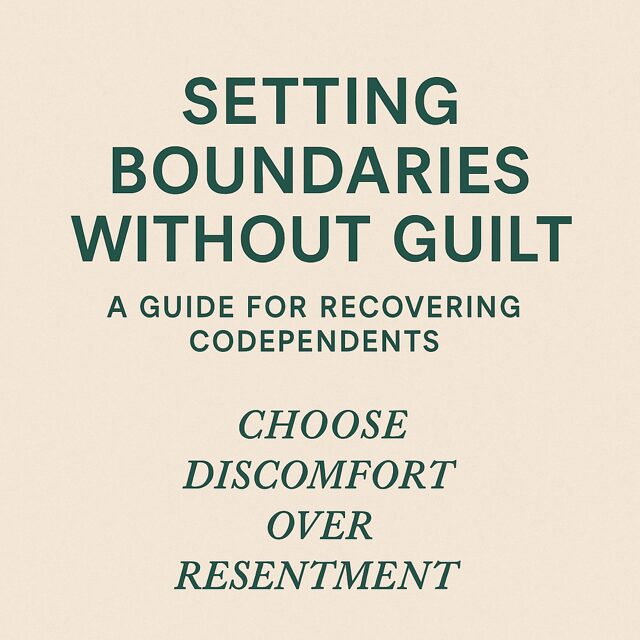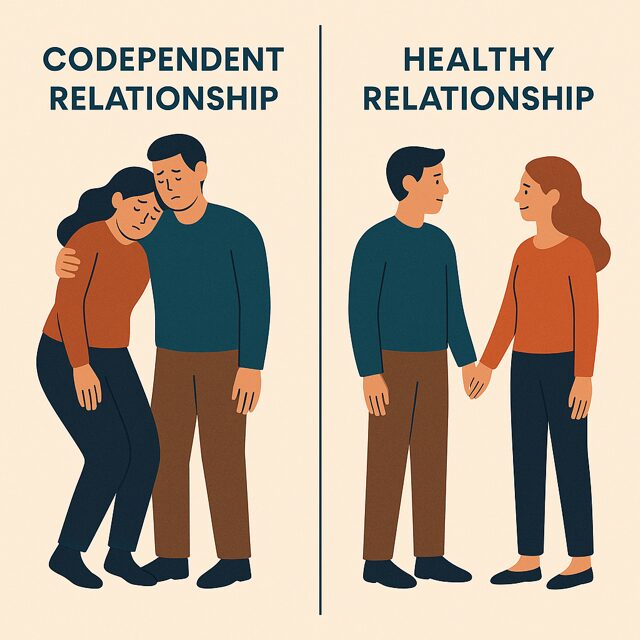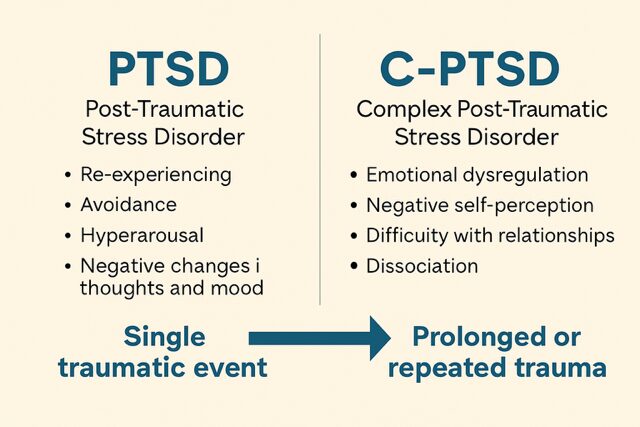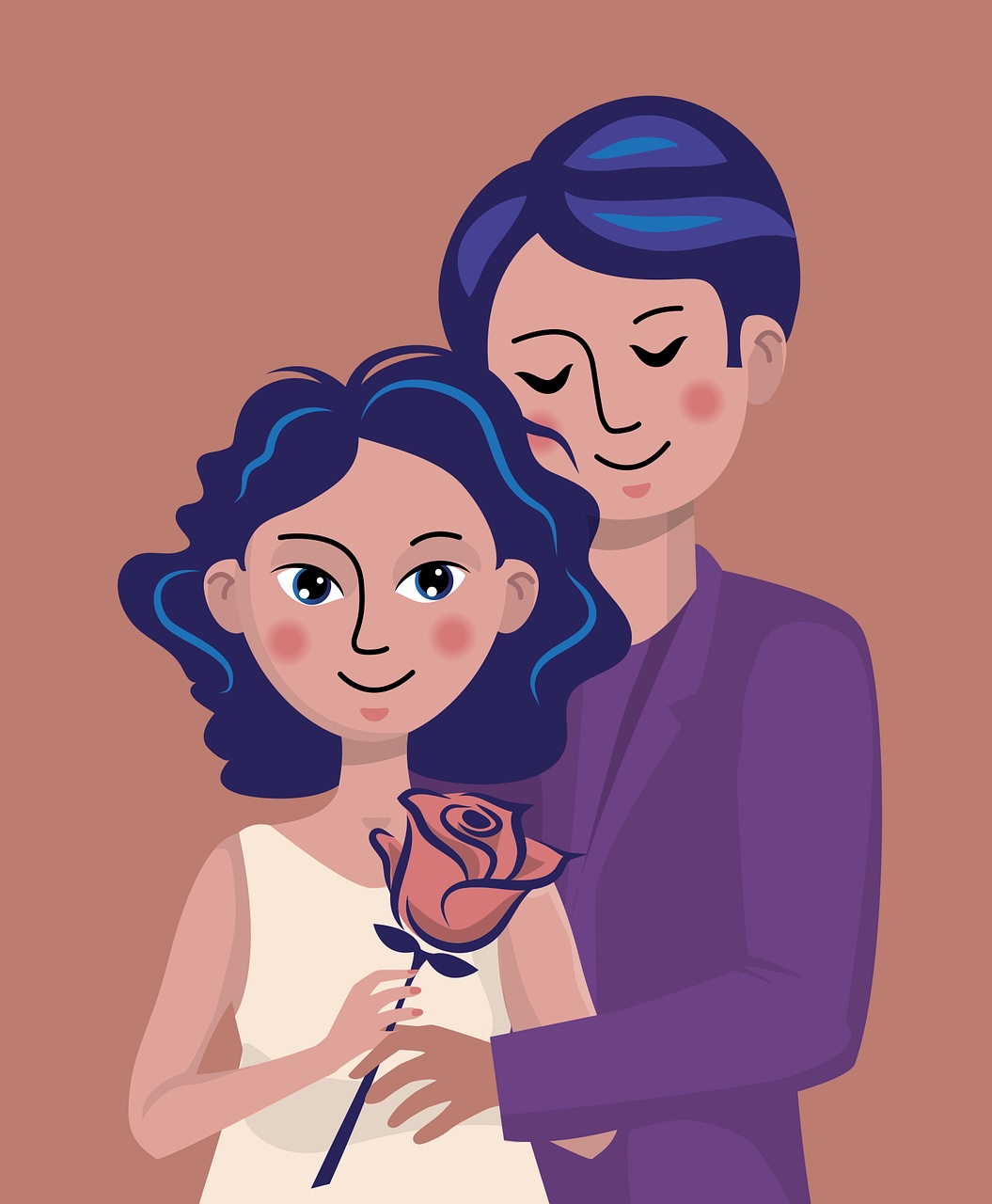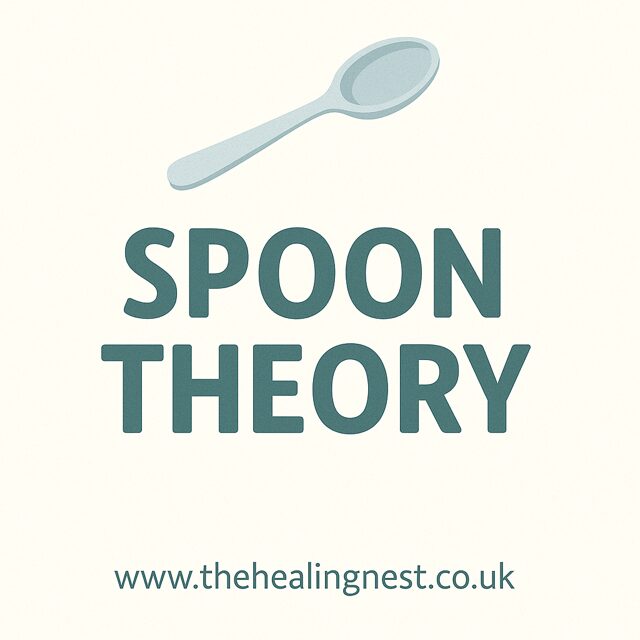If you’ve spent much of your life putting others’ needs before your own, saying “yes” when you really meant “no,” or feeling responsible for the emotions and actions of those around you—know that you’re not alone. Many people navigating codependency struggle with setting healthy boundaries. And even when they start to say “no” or speak …
Continue reading “Setting Boundaries Without Guilt: A Guide for Recovering Codependents”

